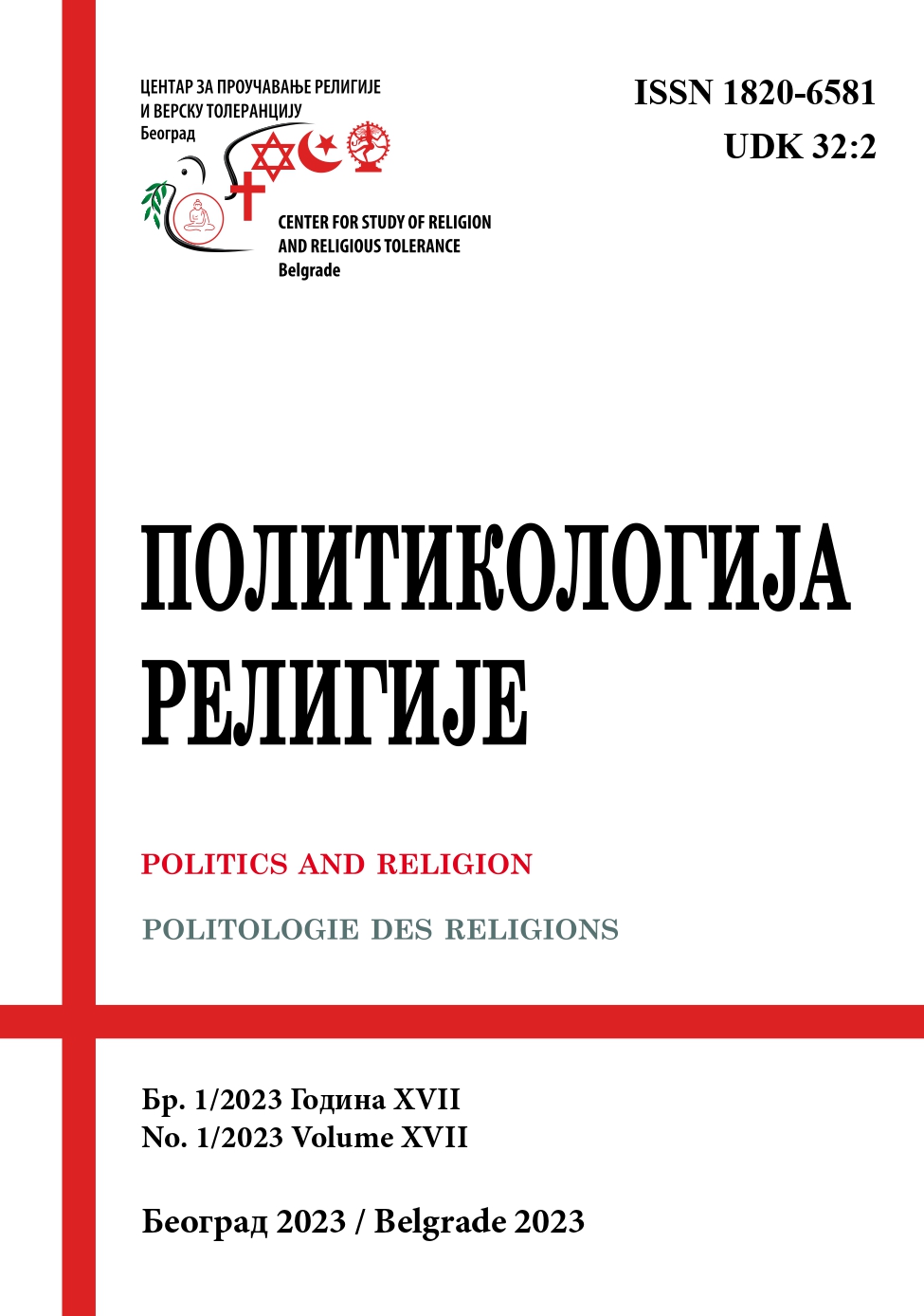A THEORY OF RELIGIOUS GRIEVANCE: UNDERSTANDING THE CONFLICT IN AFGHANISTAN
A THEORY OF RELIGIOUS GRIEVANCE: UNDERSTANDING THE CONFLICT IN AFGHANISTAN
Author(s): Omar Joya, Lutfi RahimiSubject(s): Politics / Political Sciences, Politics, Social Sciences, Sociology, Theology and Religion, Islam studies, Studies in violence and power, Peace and Conflict Studies
Published by: Центар за проучавање религије и верску толеранцију
Keywords: political economy of radicalism; religious grievance; radicalization; grievance-based theory of conflict; conflict in Afghanistan
Summary/Abstract: Grievances have been an important source of conflict throughout human history. In this paper, we attempt to explain the conflict in Afghanistan beyond the economic reasons – a premise that dominated the development discourse in the post-2001 period, yet had limited impact in terms of reducing violence and countering insurgency. We present a theory of ‘religious grievance’ in understanding the conflict in Afghanistan which shows how individuals resort to insurgency in response to their perceptions of discrimination, political exclusion, and perceptions of threat to religious sovereignty. The theory explains how and when religious grievance turns into political grievance to engender conflict in societies where a political interpretation of religion is dominant. The paper concludes with a discussion of how radicalism can be contained by investing in and promoting alternative moderate discourses to delegitimize radical narratives that have been used as a conflict mobilization strategy.
Journal: Политикологија религије
- Issue Year: XVII/2023
- Issue No: 1
- Page Range: 161-179
- Page Count: 19
- Language: English

